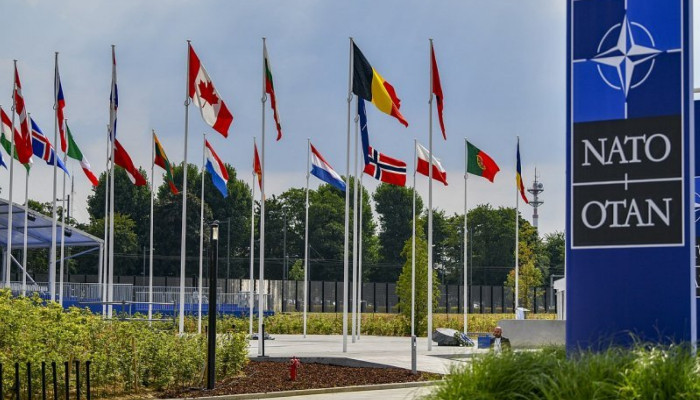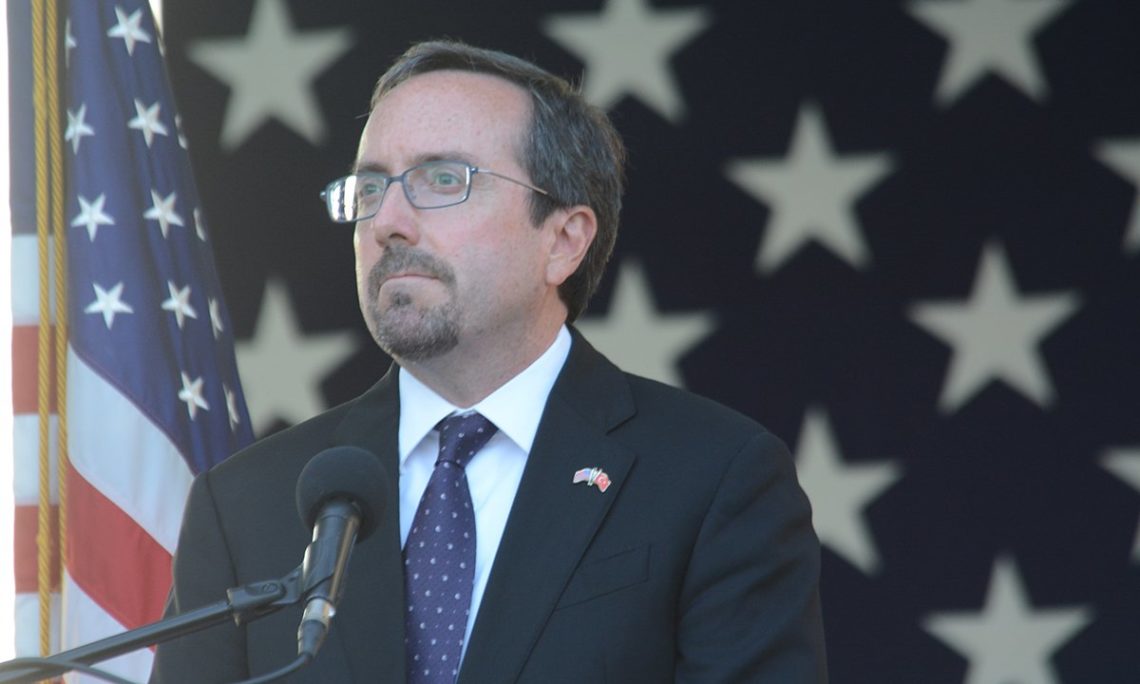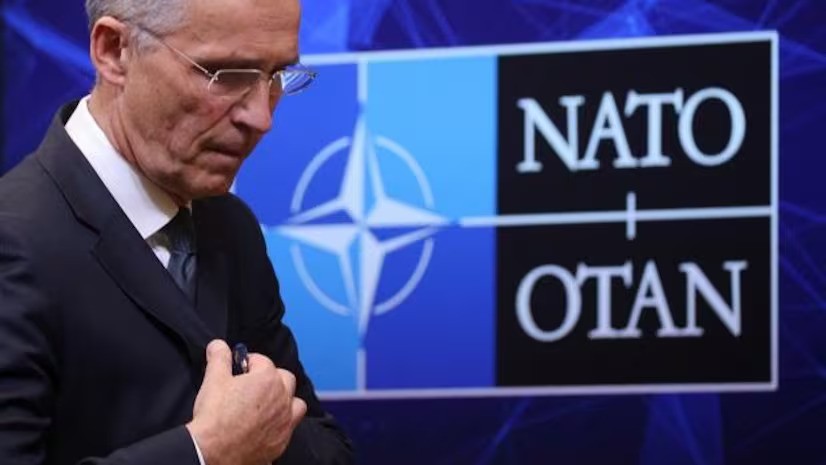`We welcome all steps undertaken by the Georgian authorities to promote its economic development and security. This includes the development of infrastructure of strategic importance, such as the port facilities on the Black Sea coast“, - According to a NATO official speaking to Europetime, NATO’s partnership with Georgia is on a solid track.
„I can add the following. NATO’s partnership with Georgia is on a solid track. The foreign ministers of Georgia, Bosnia and Herzegovina and Moldova attended the meeting of NATO Foreign Ministers in Bucharest at the end of November.
These three countries are facing Russian pressure and NATO is committed to do even more to help strengthen their resilience and capabilities to defend themselves. For Georgia, we are committed to increasing our support by building on the Substantial NATO-Georgia Package, including in the areas of situational awareness, secure communications, resilience and cyber, as well as by helping Georgia to develop its own cyber capabilities and by providing additional personnel to the NATO Liaison Office in Georgia.
Furthermore, for too long, Europeans have been dependent on Russian oil and gas. Russia has weaponised energy and tried to use it to blackmail us, and prevent us from supporting Ukraine, but President Putin has not succeeded. Allies are taking extraordinary steps to decrease energy use and diversify energy supplies. Storage sites for gas in Europe are at capacity. Allies are securing liquefied natural gas contracts, prolonging nuclear reactors and restarting coal-fired plants. Russia now provides less than 10 percent of Europe’s gas, down from 45 percent before the war. This represent a buffer against further cut-offs of Russian supplies or other shocks.
The G7 also agreed to cap the price for Russian oil, further limiting the revenues that fund the Kremlin's war, and Allies will continue to invest in stable and reliable energy supply, suppliers, and sources. So President Putin’s energy leverage is weakening“, - a NATO official told Europetime.
The leaders of Azerbaijan, Georgia, Hungary, and Romania signed an agreement in Bucharest on Saturday to build an underwater electric cable under the Black Sea.
The project could become a new power source for the European Union as the bloc seeks to reduce its reliance on Russian energy.
"Since the beginning of the Russian war, we have decided to abandon Russian fossil fuel and diversify our options towards reliable partners in the energy field, such as those present at this table. And it is working," said Ursula von der Leyen, president of the European Commission.
The 1,100-kilometer cable from Azerbaijan to Romania will provide Azeri energy for the rest of the continent.
It will also benefit Moldovans and Ukrainians, who have seen their energy security compromised by Russia's supply cuts and the bombing of critical infrastructure.
The project could be completed within three to four years.
As explained by Azerbaijani President Ilham Aliyev, the Asian country currently produces 27 gigawatts of wind and solar power and is developing projects that should increase this capacity by 4 gigawatts by the end of 2027.
"It is a step towards creating a corridor for green energy," said the president of the natural gas-extracting country.








